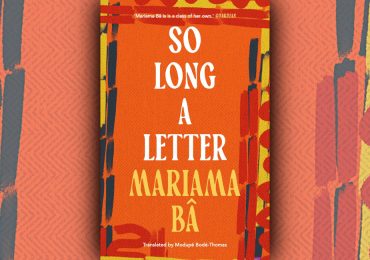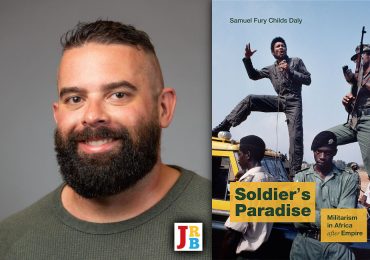French President Emmanuel Macron has made his support of the French language, Francophonie and the French-speaking world (especially the African part of it) very clear.
In November, on a trip to Burkina Faso, he was quoted as saying French may be most-spoken language in Africa and perhaps the world. Prix Goncourt-winning author Leila Slïmani has even been recruited into his administration to act as an ambassador for the language and Francophone culture, holding the official title of Francophone Affairs Minister.
In January, however, in an open letter to Macron, Congolese author Alain Mabanckou revealed he had been in correspondence with Macron since December, and the president had invited him to ‘contribute to the efforts to reflect on the nature of la Francophonie and the French language’. Mabanckou, whose letter was published by Bibliobs, rejected Macron’s offer, arguing that «la Francophonie » often amounts to a continuation of France’s colonisation of African countries, and perpetuates the myth that France and its colonies are one big happy French-speaking family—while some live in poor ‘banana republics’ and others on the Champs-Élysées. For Mabanckou, French is not merely a language, it is a tool used to prop up corrupt dictators who rig elections (sometimes with the help of France itself) and curb freedom of speech.
Mabanckou also raises the point that, in a literary context, the term implicitly marginalises writers who write in French but were not born in France. To be labelled a ‘Francophone’ writer is to be thought of as not a French writer, not one who could comprise part of the main French canon. Mabanckou, currently a lecturer at University of California, Los Angeles, laments that key authors like Aminata Sow Fall, Tahar Ben Jelloun, Ahmadou Kourouma and others don’t even feature in the reading curriculum in France, yet are celebrated and read in American universities and elsewhere.
Of Macron’s speech in Burkina Faso, Mabanckou had the following to say:
« Il est certes louable de faire un discours à Ouagadougou à la jeunesse africaine, mais il serait utile, Monsieur le Président, que vous prouviez à ces jeunes gens que vous êtes d’une autre génération, que vous avez tourné la page et qu’ils ont droit, ici et maintenant, à ce que la langue française couve de plus beau, de plus noble et d’inaliénable: la liberté. »
Essentially, ‘Nice speech—but not enough. You need to prove to young Africans that they’re getting a fresh start. That French as a language actually includes rights and real freedom for them.’
Véronique Tadjo, the noted Ivorian author of work such as A vol d’oiseau and En compagnie des hommes, replied to Mabanckou’s letter in Le Monde to stimulate debate on this age-old topic of French in Africa. She disputes Macron and Mabanckou’s claim that the language is well entrenched on the continent by arguing that, although there are many official speakers, the quality of French spoken by most of the youth is not high enough for them to excel in school, and says that great reform is needed to give them a real chance to succeed in life.
Tadjo says it’s high time for literature from the global South to register and be included in the French imagination, which already makes space for countries like Switzerland, Luxembourg, Canada, Belgium and others:
« Il est grand temps d’inscrire la littérature du Sud dans l’imaginaire du monde francophone occidental qui inclut, entre autres, le Canada, la Belgique, la Suisse et le Luxembourg. »
Keep reading the thoughts of these fantastic writers in French, here and here. And sound off in the comments below—gloves on, please.
- Efemia Chela is Francophone & Contributing Editor; follow her on Twitter





